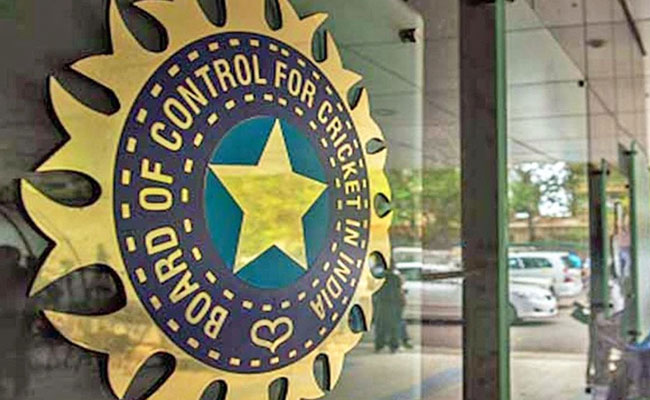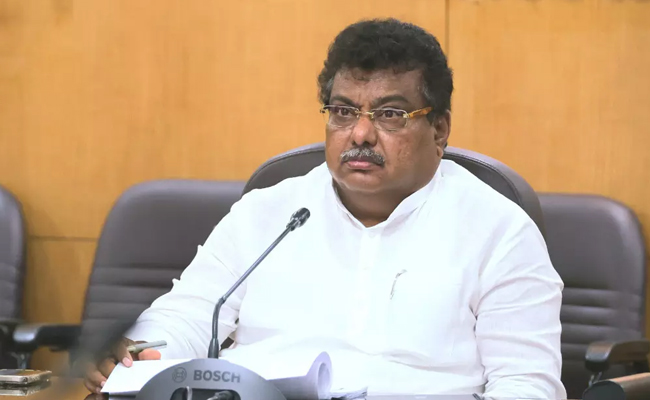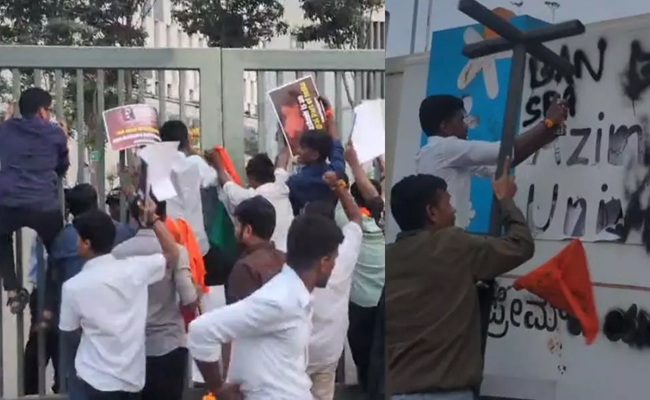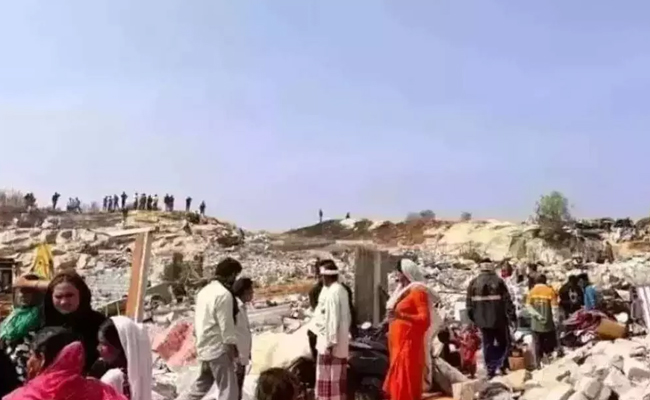New Delhi (PTI): The BCCI is set to bar state associations from directly engaging with foreign boards for organising training camps and competitions, making it mandatory for them to route all such proposals through the parent body.
The decision will be taken at the board's Apex Council meeting on March 18.
The BCCI was forced to take the decision after a host of state units, including the Delhi and Puducherry, held talks with foreign boards, mainly the associate nations, for hosting them on exposure trips.
It could be confirmed that Delhi and Districts Cricket Association has received a proposal from the Nepal board.
"State units can surely partner foreign boards for cricket related activities but those agreements have to be facilitated by the BCCI as it is the parent body. All proposals must go through BCCI," said a BCCI source.
In the upcoming Apex Council meeting, there will be a discussion on "state cricket associations collaborating with foreign boards for organising cricket", following which the BCCI will take matters in its own hands.
Nepal is expected to be in India for an exposure trip ahead of the T20 World Cup in the USA and Caribbean in June.
The Cricket Association of Nepal officials had a meeting with BCCI secretary Jay Shah last month.
The BCCI has helped associate nations in the past. Afghanistan made India its home base for a substantial period in the pre-COVID era, using facilities in Dehradun and Greater Noida for training and competition.
Let the Truth be known. If you read VB and like VB, please be a VB Supporter and Help us deliver the Truth to one and all.
Bengaluru (PTI): Karnataka Minister M B Patil on Tuesday chaired meetings with industry representatives from the aerospace and defence, machine tools, auto/EV, and green energy sectors to discuss sector growth and government support measures.
The meetings were attended by leading industrialists and their representatives, with some participating virtually.
Speaking on the occasion, the minister for Large and Medium Industries said Karnataka is at the forefront of the country’s aerospace and defence sectors.
He noted that Suzuki and Toyota plan to launch aerial taxi services in Japan by 2028, with Bengaluru-based Sasmos supplying electrical equipment for the project.
Industrialists suggested introducing similar “fly-taxi” services in Karnataka through an appropriate policy, which Patil said would be examined seriously.
The minister highlighted the need to establish testing centres and Common Facility Centres for the aerospace and defence industries and assured that these facilities would be provided.
Suggestions were also made to prepare a comprehensive roadmap for sector growth.
Karnataka has urged the Central Government to approve Defence Corridor projects in the Bengaluru North–Kolar–Chikkaballapur and Dharawada–Vijayapura–Belagavi regions.
Industrialists also suggested a corridor between Bengaluru and Mysuru, Patil said.
He said Karnataka aims to become a hub for defence electronics manufacturing, with plans to establish a 200-acre Defence Electronics Park and a 100-acre Avionics and Sensor Park.
These projects will be implemented once the Special Investment Region is operational, and land availability will not be an issue.
On the machine tools sector, Patil said the industry has recorded an annual turnover of Rs 36,500 crore and is witnessing steady growth.
Large-scale exhibitions have increased demand, and the state must strengthen its capabilities to develop control systems for heavy machinery. One testing unit is already operational in Bengaluru, with another planned for Tumakuru. Expansion of vocational training institutes in industrial areas is also underway.
In the Auto and EV sector, Vision Group members highlighted the need for a network of dry ports and more EV charging stations across the state.
Patil noted that the Tata Group is manufacturing EV buses in Dharawada for nationwide supply. Plans for mini excavator production and export facilitation were also discussed, along with the establishment of a testing facility for two-wheeler EVs.
For the Green Energy sector, the group emphasised the need for a suitable policy on battery-based energy storage and the establishment of data centres.
Patil assured that the government will seriously consider all suggestions and respond positively.





_vb_21.jpeg)